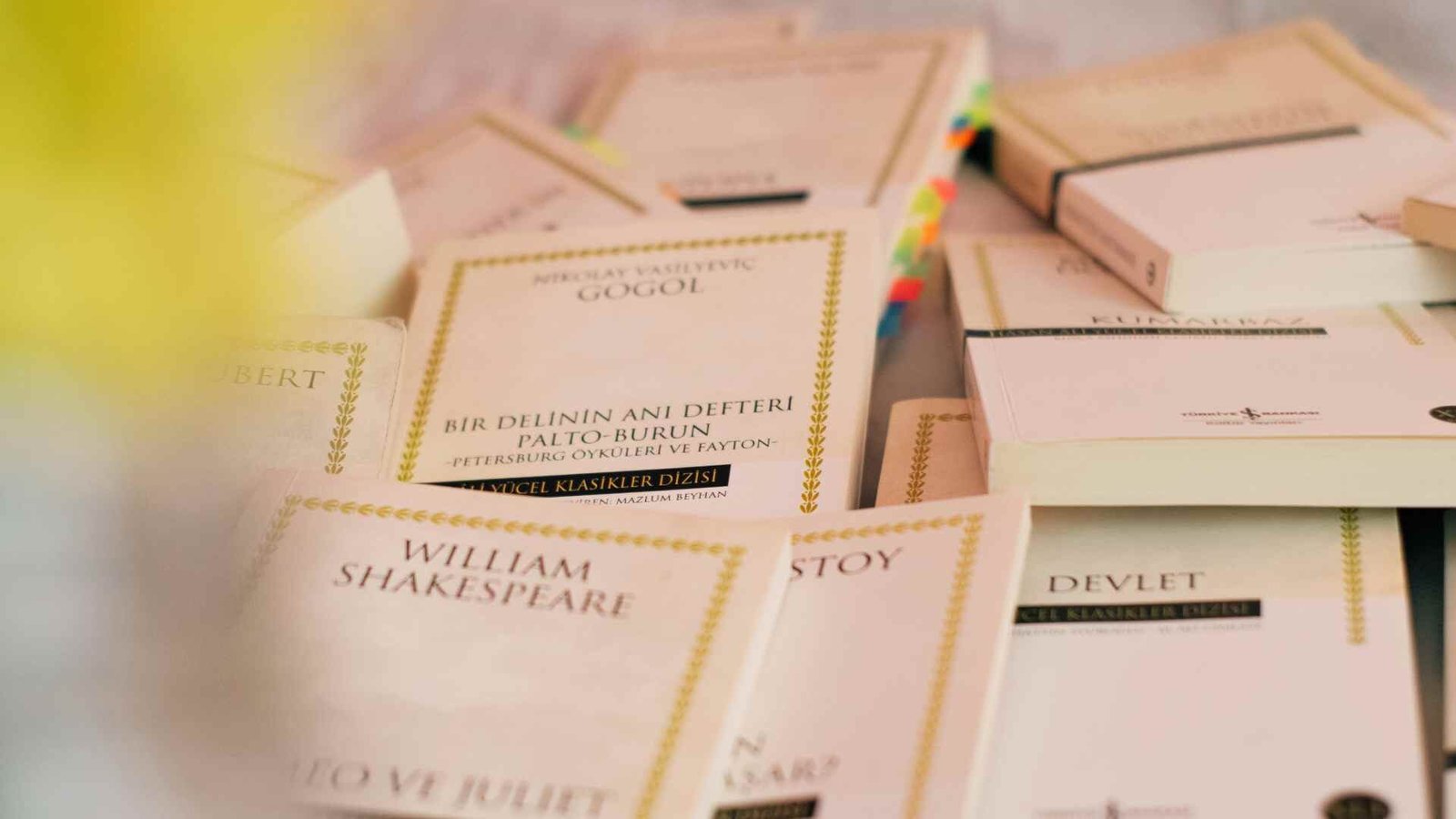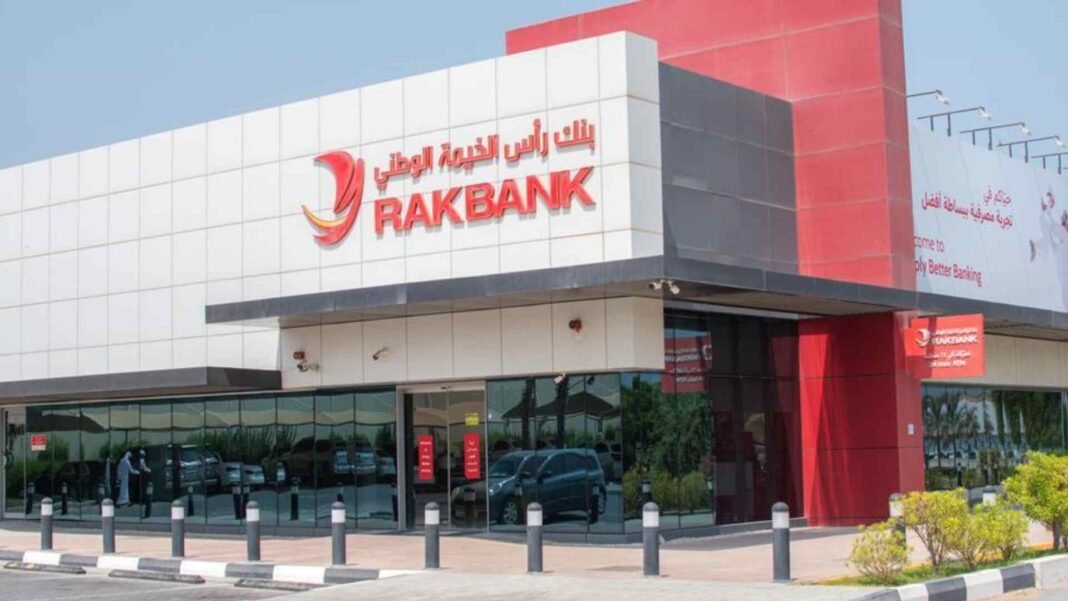The United Arab Emirates (UAE) has transformed into a global powerhouse in business, tourism, and innovation since its formation in 1971. Its towering skyscrapers, luxurious malls, and cutting-edge infrastructure, particularly in Dubai and Abu Dhabi, symbolise its rapid development. Yet, despite hosting major literary events like the Emirates Airline Festival of Literature and nurturing talents like Maha Gargash and Omar Saif Ghobash, the UAE has not secured a place as a global literary hub.
Historical Context: A Young Nation’s Literary Journey
The UAE’s youth as a nation, established in 1971, significantly shapes its literary landscape. Unlike countries with centuries-old literary traditions, such as the United Kingdom or Egypt, Emirati literature is in its early stages. This lack of historical depth limits its global recognition, as older literary traditions often carry a legacy that attracts international readers and scholars. For instance, while the UAE has a rich oral tradition of Bedouin poetry, such as Nabati poetry, much of this early work remains undocumented due to limited printing resources in the pre-federation era. The relatively short time since the UAE’s formation has not allowed its literature to build the same global reputation as older literary cultures.
Demographic Diversity: A Double-Edged Sword
The UAE’s population is notably diverse, with over 85% of its residents being expatriates from countries like India, Pakistan, and the Philippines. This multicultural environment fosters a vibrant literary scene, with events like the Sharjah International Book Fair attracting over 1.6 million visitors in 2021. However, this diversity can dilute the focus on distinctly Emirati voices. The presence of numerous cultural influences may overshadow local literature, making it challenging to establish a cohesive Emirati literary identity that resonates globally. Additionally, the ongoing construction of a unified national identity, as noted in studies on Emirati nationalism, complicates the development of a singular literary narrative.
Thematic Evolution: From Political to Personal
Emirati literature has undergone a significant shift in focus over the past century. Early works often addressed political themes, such as pan-Arabism and colonialism, reflecting the region’s historical context. However, modern Emirati literature, as researched by Professor Olatunbosun Ishaq Tijani, now emphasizes personal and societal themes like gender roles, marriage, and national development. While these topics resonate deeply within Emirati society, they may lack the universal appeal that draws global audiences to literature addressing broader issues, such as conflict or historical epics.
Publishing and Distribution Challenges
A significant barrier to Emirati literature’s global reach is the underdeveloped publishing infrastructure. While initiatives like Menassah are promoting Emirati and Arab literature at international book fairs, such as the Amman and Fujairah Book Fairs in 2024, the industry still struggles to distribute works globally. Many Emirati books are published locally and primarily in Arabic, limiting their accessibility to non-Arabic-speaking audiences. Although translations are increasing—evidenced by works like Maha Gargash’s The Sand Fish, published in English by HarperCollins in 2009—the pace is slow, and the global reach remains limited. The lack of a robust international publishing network hinders Emirati literature’s ability to compete with more established literary markets.
Identity and Hybridity: A Complex Literary Voice
The UAE’s multicultural society includes many Emiratis with dual or hybrid identities, often referred to as “halfies.” This cultural multiplicity, while enriching, complicates the creation of a distinct “Emirati” literary voice. Research on Emirati identity highlights how globalization and diversity challenge the construction of a unified cultural narrative. For example, Emiratis with mixed heritage may incorporate diverse cultural elements into their writing, which can blur the distinctiveness of Emirati literature. This hybridity, while reflective of the UAE’s reality, may make it harder to market a cohesive literary identity to global audiences seeking a clear cultural perspective.
Linguistic Challenges: The Role of Language
Language presents another hurdle. Arabic is the official language of the UAE, and much of its literature is written in Arabic, often in the Emirati dialect for popular works or standard Arabic for intellectual drama. This linguistic focus can limit accessibility for global readers. Additionally, the rise of English as a lingua franca in the UAE, particularly in education and business, creates a linguistic hybridity that affects literary production. Studies suggest that the dominance of English in higher education and media may overshadow Arabic literary efforts, further complicating global recognition. While some Emirati authors, like Omar Saif Ghobash, write in English, their works are exceptions rather than the norm.
The Construction Connection: Prioritizing Infrastructure Over Culture
The UAE’s construction boom, which has produced iconic structures like the Burj Khalifa and the Sheikh Zayed Grand Mosque, reflects a national focus on physical development. This emphasis on infrastructure, driven by economic strategies like the Dubai Industrial Strategy 2030, has often overshadowed cultural investments, including literature. While the UAE has built impressive cultural landmarks, such as the House of Wisdom in Sharjah, which houses over 100,000 books, the allocation of resources to literary development lags behind construction and economic initiatives. This prioritization may have slowed the growth of a literary ecosystem capable of competing globally.
Progress and Potential: A Growing Literary Scene
Despite these challenges, the UAE is making strides toward becoming a literary hub. The Emirates Literature Foundation plays a pivotal role, organizing the Emirates Airline Festival of Literature, which attracts 180 authors from over 50 countries and is one of the Middle East’s largest literary events. Initiatives like Untitled Chapters, co-founded by poet Afra Atiq, support female Emirati writers, fostering a new generation of talent. Additionally, efforts to translate Emirati works and promote them at international book fairs are increasing their global visibility. These developments suggest that, with continued investment, the UAE could overcome its current barriers.
The UAE’s journey to becoming a global literary hub is hindered by its young history, diverse demographics, thematic focus, publishing limitations, complex identity dynamics, and linguistic challenges. The nation’s focus on construction and economic growth has also diverted resources from cultural development. However, with a vibrant literary scene supported by events like the Emirates Airline Festival of Literature and growing international outreach, the UAE has significant potential. By investing in publishing infrastructure, promoting translations, and fostering a distinct literary identity, Emirati literature can carve out a prominent place on the global stage, enriching the world’s literary tapestry.




